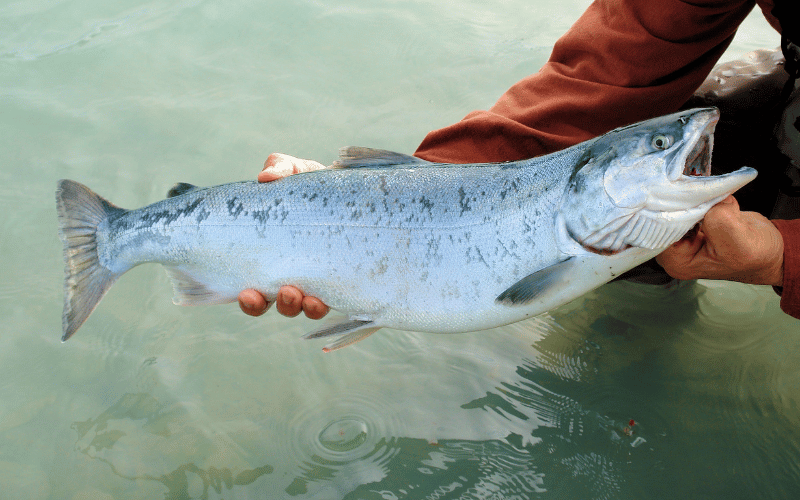4. Fatty Fish: Dive into the Depths of Omega-3 Benefits

Fatty fish, like salmon, mackerel, sardines, and trout, are renowned for their omega-3 fatty acid content. These essential fats, particularly EPA and DHA, have been lauded for their anti-inflammatory properties. For those grappling with duodenitis, the benefits of these fish can be monumental.
Omega-3 fatty acids work by producing compounds called resolvins and protectins in the body. These substances have anti-inflammatory properties, which can help reduce the inflammation characteristic of duodenitis. By regularly consuming fatty fish, individuals can introduce a natural, potent anti-inflammatory agent into their system.
Moreover, fatty fish are rich in various other nutrients. Vitamin D, for instance, is abundantly found in these fish. This vitamin plays a significant role in immune system health, calcium absorption, and mood regulation. It’s also worth noting that many people are deficient in this vital nutrient, making fatty fish an excellent dietary source.
Then there’s the protein aspect. Like lean meats, fatty fish are packed with high-quality protein. This aids in tissue repair and muscle building, both of which can be beneficial for someone dealing with a gastrointestinal condition like duodenitis.(4)